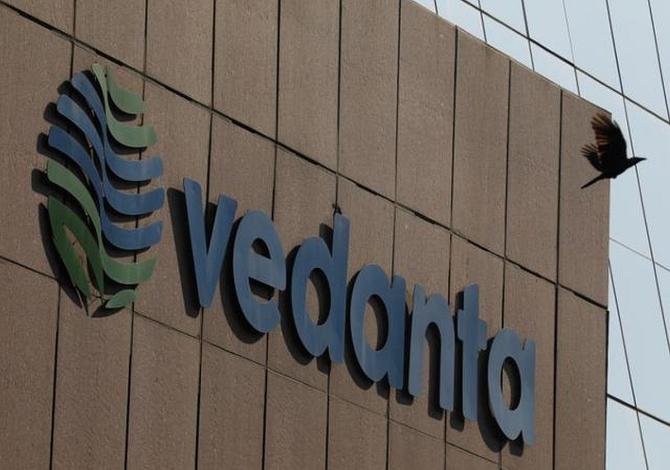This comes at a time when the group’s copper plant in Tamil Nadu remains shut for nearly three years, causing a Rs 5 crore loss every day.

Vedanta Group is looking to set up a new copper smelter plant in the coastal region of the country at a cost of around Rs 10,000 crore.
This comes at a time when the group’s copper plant in Tamil Nadu remains shut for nearly three years, causing a Rs 5 crore loss every day.
The plant was shut in 2018 after protests from locals. This led to police opening fire, killing 13 people.
Vedanta Ltd, a subsidiary of Vedanta Resources, has called for expressions of interest (EoIs) from state governments for setting up a copper smelter unit in a coastal region.
A Vedanta spokesperson said India’s copper requirements are set to grow exponentially in the coming years.
He added that having ample supplies of copper is critical to ensuring successful implementation of new-gen technologies such as electric vehicles and clean energy.
“We are, therefore, actively on the lookout for a suitable partner state to help take forward the vision of an Atmanirbhar Bharat.
"We want to ensure that our nation enjoys unfettered access to copper, through a state of the art manufacturing plant.
"The operational and environmental parameters of this will be comparable to the best in the world.”
The proposed copper smelter plant will have a capacity of 500,000 tonnes per annum.
It would require around 1,000 acres near a port along with logistics connectivity to handle 5 million tonnes per annum (MTPA) of material movement.
According to the EoI, this mega project has investment potential of Rs 10,000 crore and will provide direct and indirect employment to 10,000 people.
It will contribute around Rs 3,000 crore to the exchequer annually.
The development comes at a time when Vedanta Group’s Sterlite Copper facility continues to remain shut for the last three years.
The 400,000 tonne capacity plant in Thoothukudi, which used to cater to around 35-40 per cent of the country’s total copper requirement, was shut down in May 2018 by the Tamil Nadu government after the state’s pollution control board made a recommendation to this effect.
Photograph: Danish Siddiqui/Reuters













 © 2025
© 2025